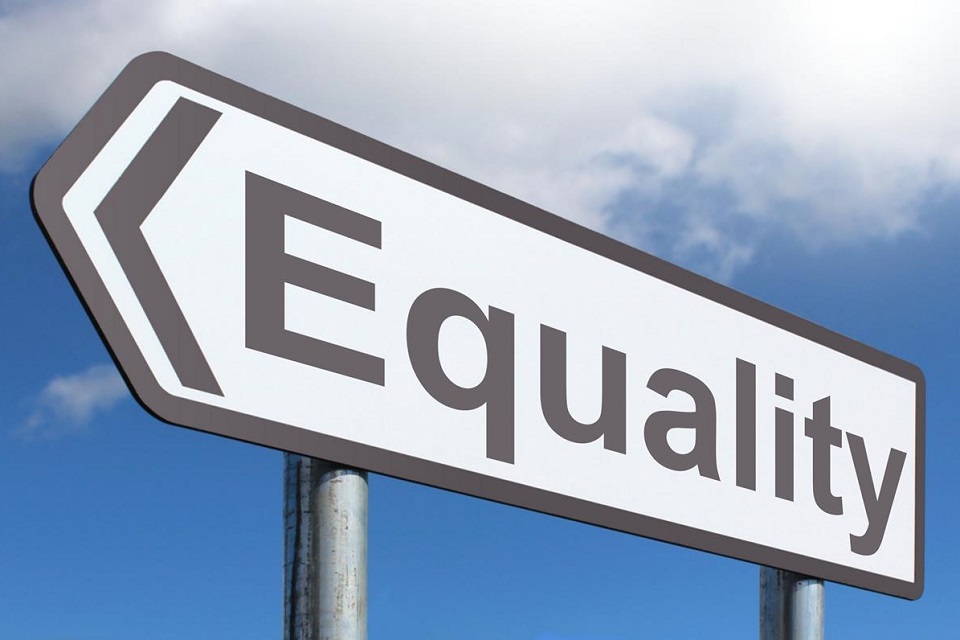Monisha Shah, an independent member of the Committee on Standards in Public Life, blogs in a personal capacity on inequality, the current Covid-19 pandemic, and the Black Lives Matter movement.

The personal and psychological traumas caused by COVID-19 are compounded by the weaknesses that have been exposed in some of our institutions.
As economies collapse and social systems – temples, schools, family gatherings, funerals - feel unsafe, we focus our efforts on what we can control. Millions of people are signed up as NHS volunteers, doctors have returned from retirement, teachers are looking after children of key workers, neighbours are creating support networks of Covid kindness. The focus on community has never been stronger, or more valued.
We also rely on our public institutions to guide the country out of the crisis. We expect the Government to be honest, the NHS to value every life and the legal system to act without prejudice.
However, the pandemic has exposed vast structural inequalities in our systems. The work-place is sharply divided between those who have formal contracts with a right to fair treatment, severance pay and protection from bullying and harassment, and those on zero-hour contracts, or no contracts at all with no rights. News stories highlight how structural weaknesses in the social security system could see many families descend into poverty and how migrants and immigrants can struggle to access benefits even while we continue to benefit from their labour. The disproportionate effect of the pandemic on BAME communities and the fact we have yet to see a plan to deal with that is yet another example.
The death of George Floyd in the US and the Black Lives Matter movement has done for racial inequality what William Wilberforce once said about slavery, “You may choose to look the other way, but you can never again say you did not know.”
Can the Nolan Principles help us to think about public life when so much is at stake?
Most people would agree that a majority of people in public life do their job to the best of their ability in line with these principles. Most public office holders will argue that they do their jobs to the highest possible standards within the institution to which they belong, but they can’t change the system.
This brings into sharp focus the disconnect between those in public life who, as individuals, follow the Nolan Principles, and many of the institutions they work in whose structures continue to embed injustice and inequality. The frameworks that sustain our institutions – and determine investment, resources, staffing, progression, behaviour, practice and belief – have been exposed as deeply flawed, and as the Black Lives Matter movement so powerfully espouses, are no longer acceptable.
As the nation rebuilds itself and its structures from the wreckage of COVID, there is a need to think about the Nolan principles not simply in terms of personal conduct, but also in terms of institutions - their procedures, processes, and crucially, their outcomes. It could be argued that it is no longer enough to ask whether a public officer is discriminatory or not acting objectively. We need to know, for example, whether objectivity, impartiality and an absence of discrimination or bias is built into the processes, and reflected in the outcomes, of our institutions.
In the new normal, it is clear that the Nolan Principles remain central to our understanding of the political world we share. They provide us with challenges not only for individual conduct but for the practices and outcomes of the institutions we have inherited. We will do well to recognise that they remain central to the vision of a new, better normal, free from prejudice, injustice and inequality.
